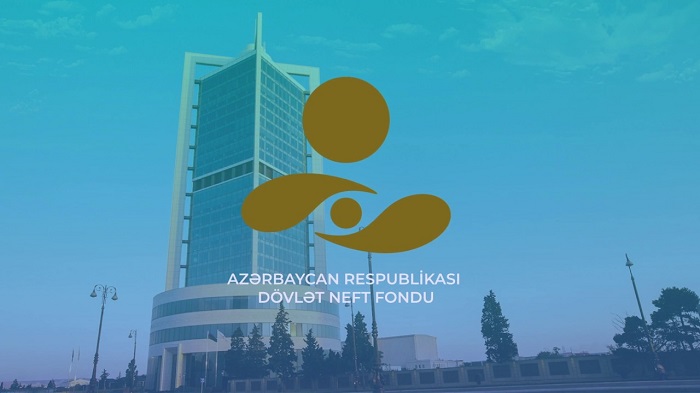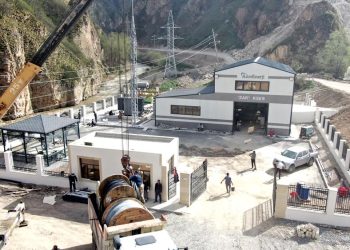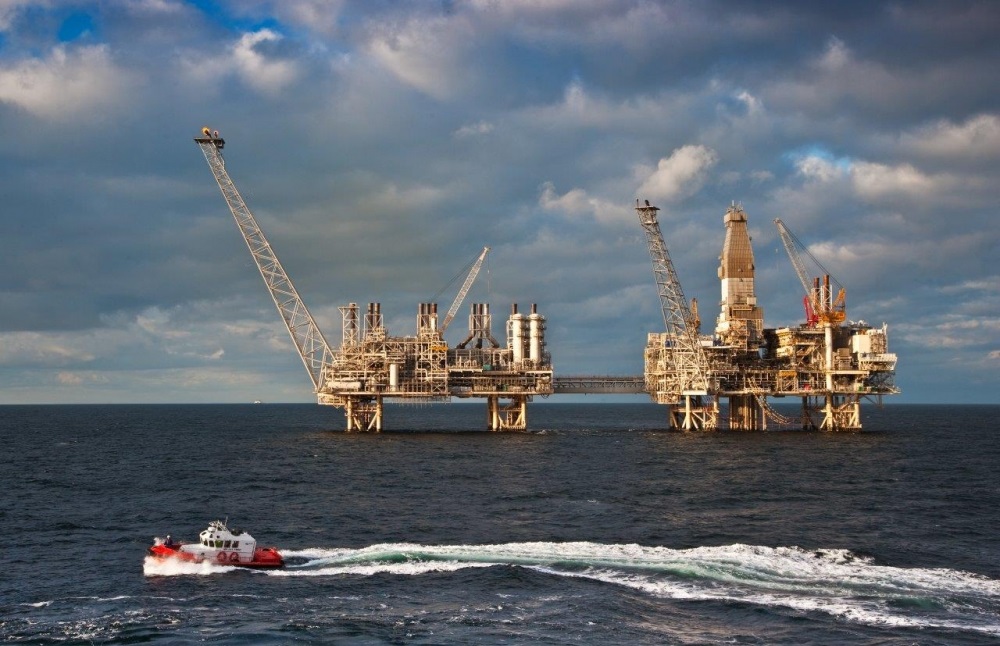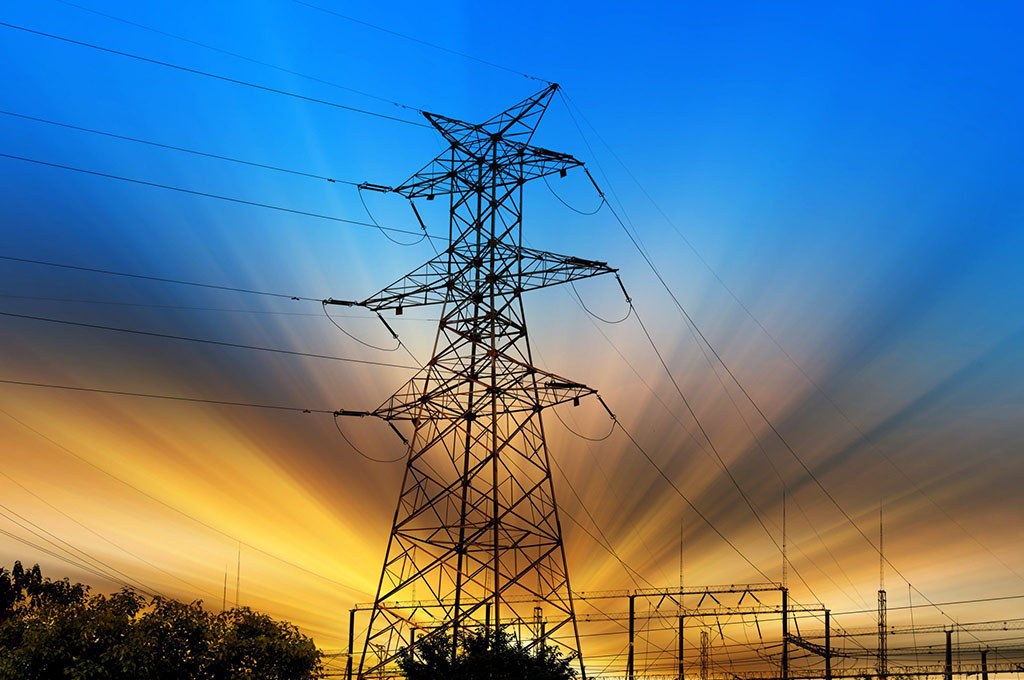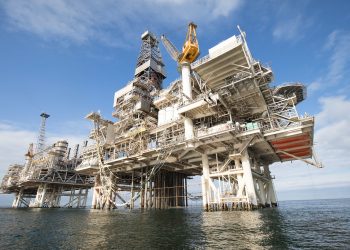 Cost of the Kashagan field development on the Kazakhstan shelf of the Caspian Sea will increase by almost $4 billion, because of the necessity to replace 200-km-long pipeline, reported Financial Times newspaper.
Cost of the Kashagan field development on the Kazakhstan shelf of the Caspian Sea will increase by almost $4 billion, because of the necessity to replace 200-km-long pipeline, reported Financial Times newspaper.
“The growth of cost of the works is another blow for the project, which has significant technical problems,” Financial Times reads.
In September 2013 the international consortium of Royal Dutch Shell, ExxonMobil, Total, Eni and CNPC companies developing the field received the first oil from it. However, several weeks later the production was stopped, because of oil leakage from the pipeline.
“At the governmental session in Astana this week several options of the oil pipeline replacement have been considered. The budget of works varies between $1.6 and $3.6 billion depending on use of technologies and materials. The more expensive option of $3.6 billion has been chosen, because it will be a corrosion-resistant oil pipeline,” writes the newspaper quoting the people involved in the consultations.
“One can say for sure that the budget will exceed this sum,” Financial Times quotes the source.
According to the approved plan, the field must resume the oil deliveries in the second half of 2016. $50 million has been already spent for the field development. “This term looks unlikely, 2017 or even later date is a more real term,” said Dominique Levenz, chief of Visor Capital broker company.
Production on the Kashagan field started in September 2013, but it was suspended in October, because of gas leakage on one of the pipelines. It was initially supposed that production on the Kashagan will total 8 million tons of oil in 2014 and will go up to 12 million tons in 2015, which will allow Kazakhstan joining the top ten oil producing countries.
The resources of Kashagan field are estimated at 35 billion barrels of oil, of which 11 billion barrels are considered extractible. The field is developed by Eni, Royal Dutch Shell, Exxon Mobil, Total and KazMunaiGas company, which have equal shares of 16.81%. On September 7, 2013 Chinese National Petroleum Corporation (CNPC) became shareholder of the project with 8.3% share. 7.55% share is owned by the Japanese Inpex corporation.
Cost of Kashagan development to increase by $4 billion more
Please login to join discussion




